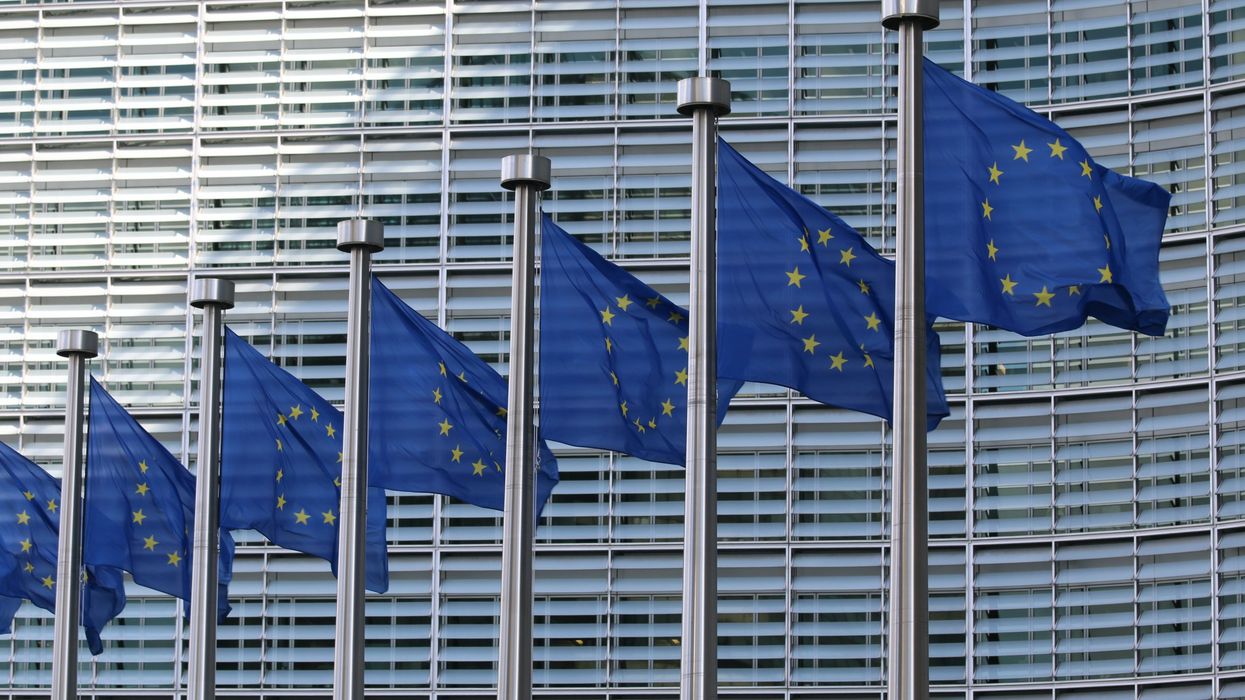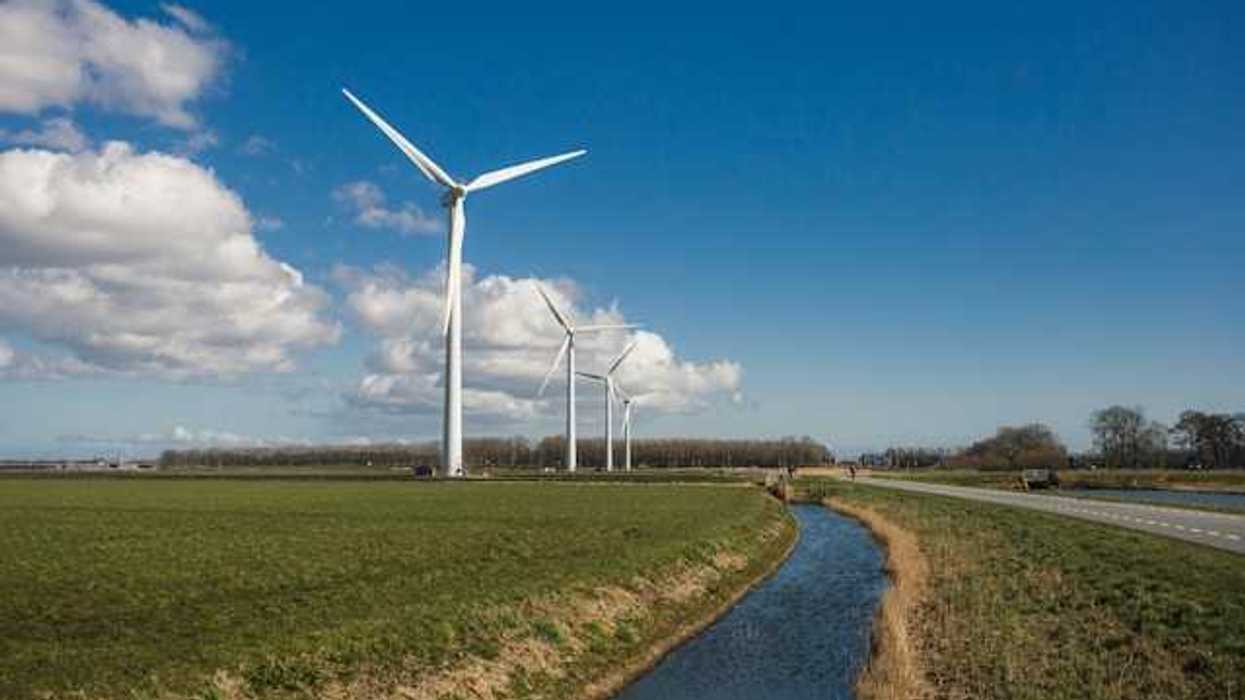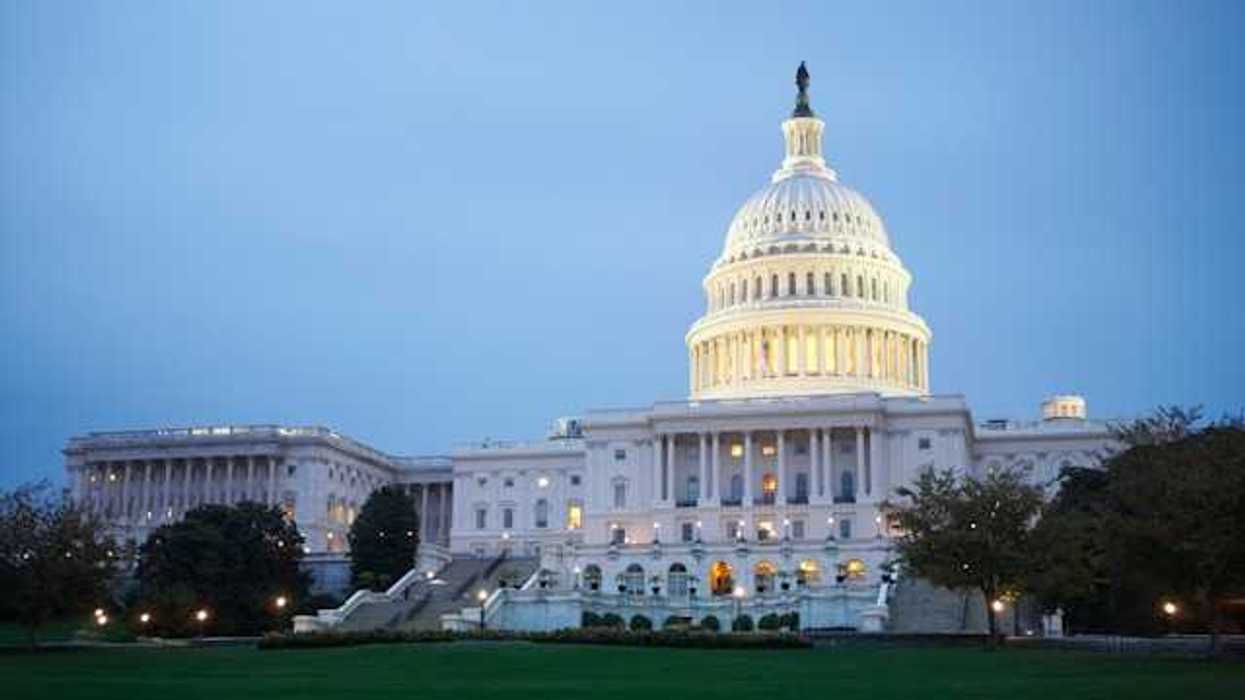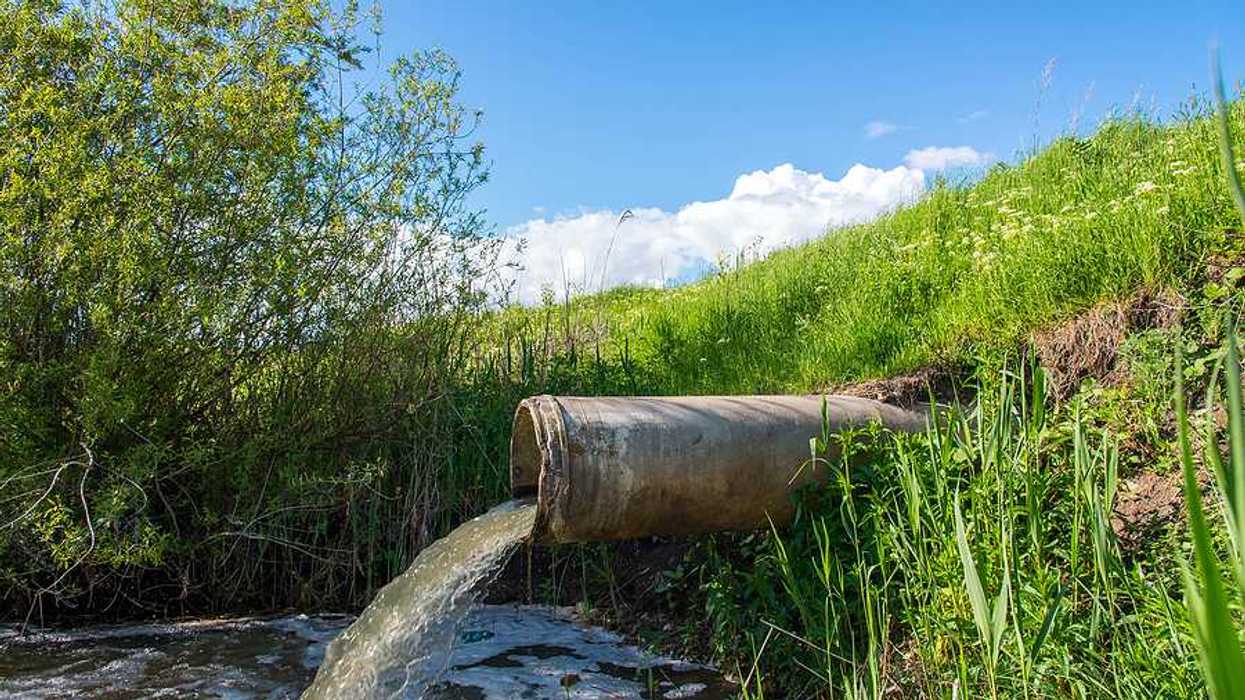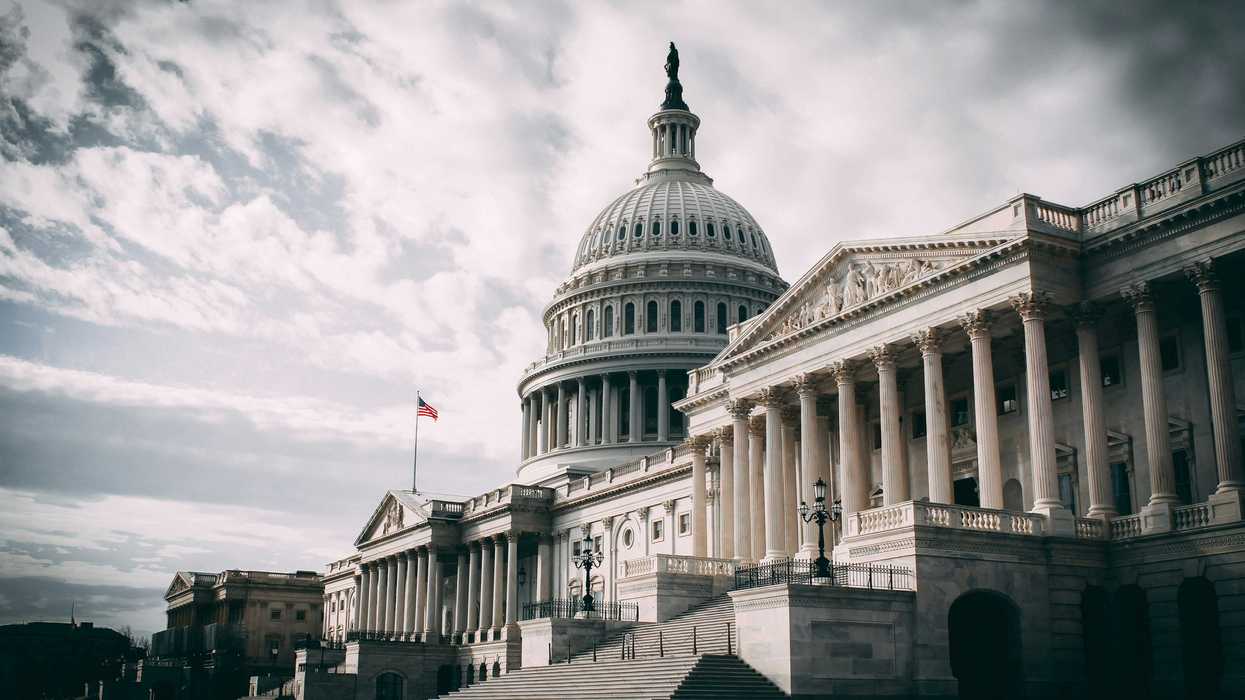The European Union has a new strategy to deal with the vast amounts of chemicals we are exposed to each day.
The Chemicals Strategy for Sustainability aims to be the most health-protective chemical strategy in the world. But it will take the right leaders.
In this four-part series Terrence J. Collins, a Teresa Heinz professor of green chemistry, and director of the Institute for Green Science at Carnegie Mellon University, examines what qualities of leadership are essential for ensuring that the EU’s Chemicals Strategy for Sustainability inspires trust in Europeans and the world that there can be a body of chemical products and processes we can safely live with.
In addition, watch our conversation with Pete Myers — chief scientist and founder of Environmental Health Sciences, which publishes EHN.org — about the new EU strategy, why it’s important, and its implications for chemical reform in the United States.
Watch
Stories
Part 1: Building a safe and sustainable chemical enterprise
 Credit: Markus Spiske/Unsplash
Credit: Markus Spiske/Unsplash Part 2: “Sustainability dispositions:” Who’s up to the challenge of fighting for a healthy chemical enterprise?
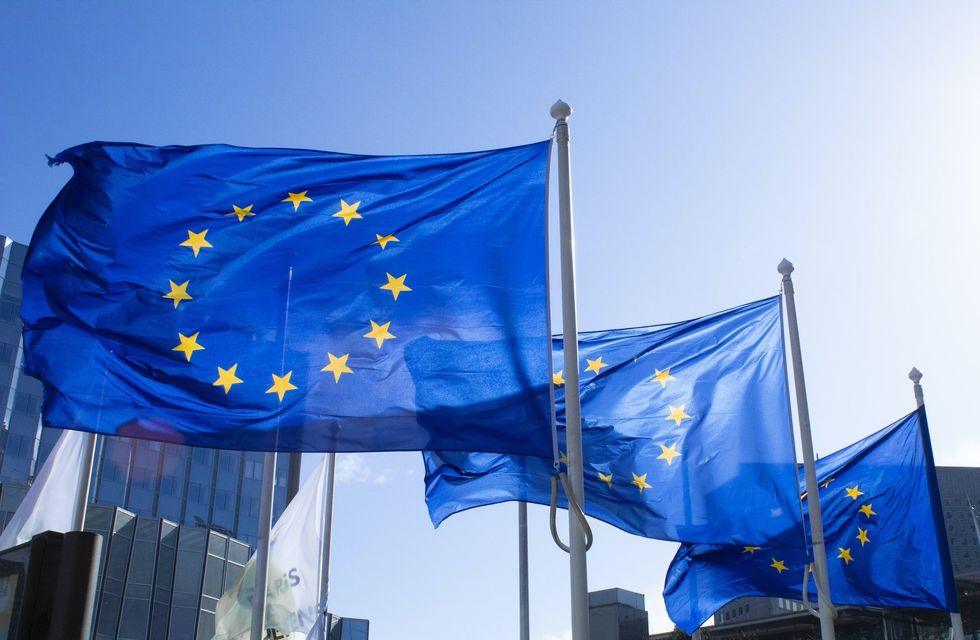 Credit: ALEXANDRE LALLEMAND/Unsplash
Credit: ALEXANDRE LALLEMAND/Unsplash Part 3: The most dangerous “sustainability dispositions”
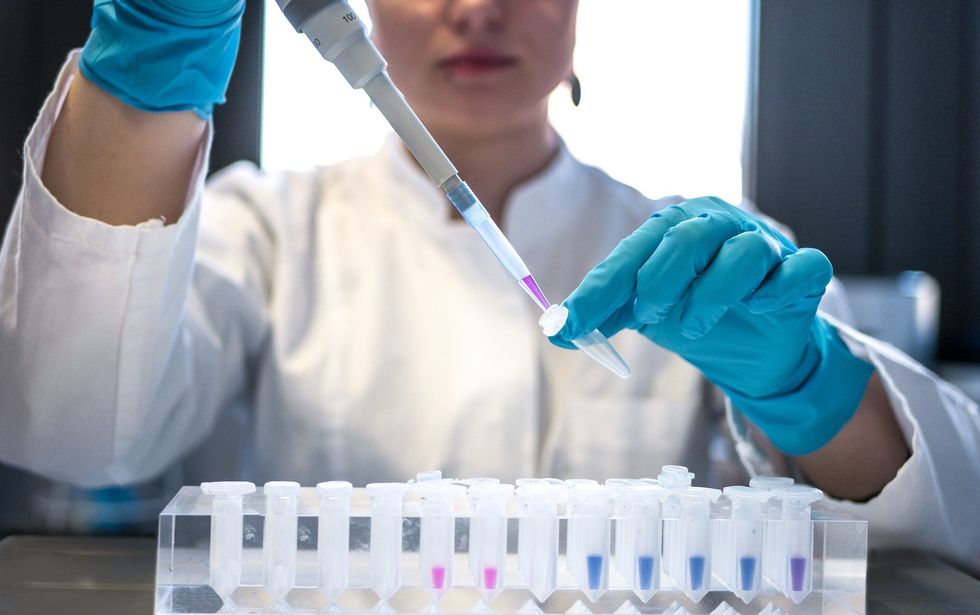 Credit: Julia Koblitz/Unsplash
Credit: Julia Koblitz/UnsplashPart 4: This is the kind of leader the EU needs to make its new chemical strategy a model for the world
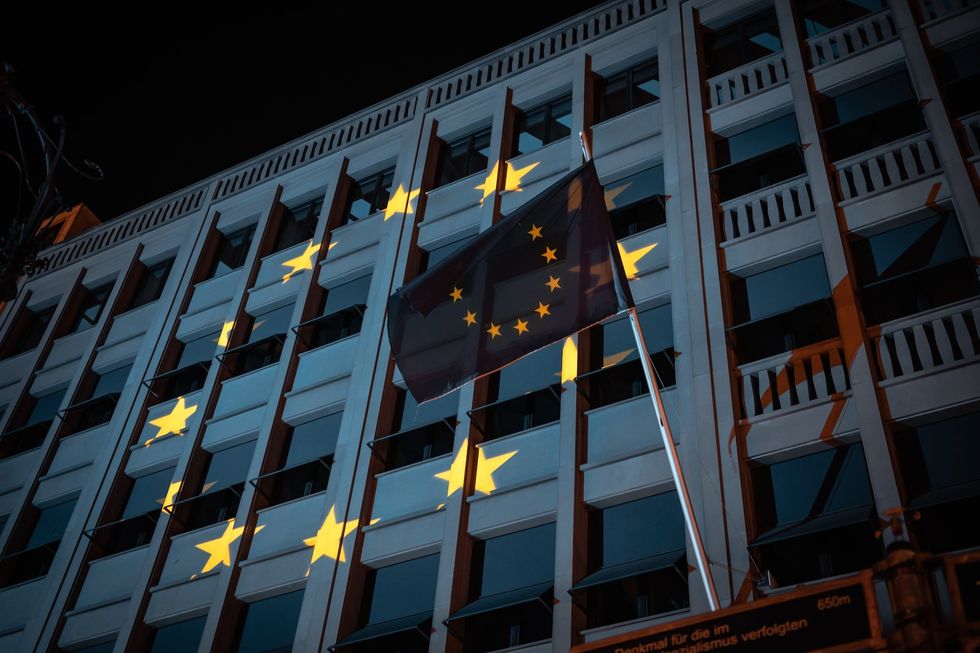 Credit: Maximalfocus/Unsplash
Credit: Maximalfocus/Unsplash Take action
The Chemicals Strategy for Sustainability aims to be the most health-protective chemical strategy in the world. When it comes to protecting their citizens from chemicals, what do European policy makers know that U.S. regulators don't?
Contact those in charge of making regulatory decisions at the U.S. Food and Drug Administration and the U.S. Environmental Protection Agency.
- Write Susan T. Mayne, Director of the U.S. Food and Drug Administration's Center for Food Safety and Applied Nutrition, at: Susan.Mayne@fda.hhs.gov
- Write Michael S. Regan, Administrator of the United States Environmental Protection Agency, at: Regan.Michael@epa.gov
- EU Parliament on endocrine-disrupting compounds: Time to act ›
- Europe’s revolutionary BPA proposal puts more scrutiny on US regulatory inaction ›
- Endocrine disruptors in Europe: Nineteen "experts" are polluting the debate ›
- Terry Collins: PFAS removal discovery not yet a ‘powerful solution’ ›
- BPA safety: The toxic chemical limbo game ›
- Green chemistry startup wins “world changing idea” award ›
- On the goal of green chemistry: Natalie O'Neil, PhD. ›
- What TEDx talk censorship reveals about the US chemical regulatory atmosphere - EHN ›
- The chemical industry may have killed a landmark EU chemical policy. Here’s what that means for the US. - EHN ›

